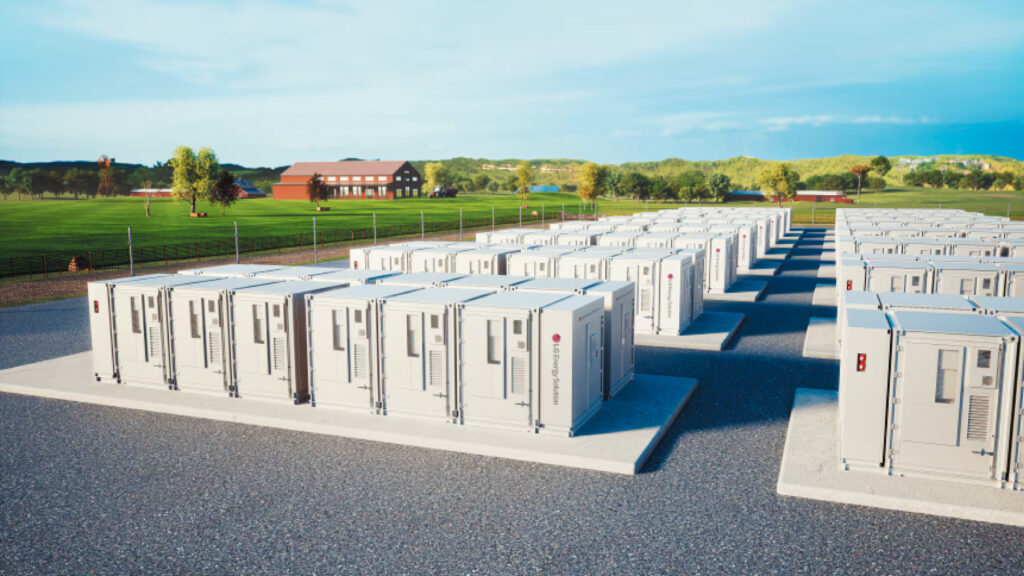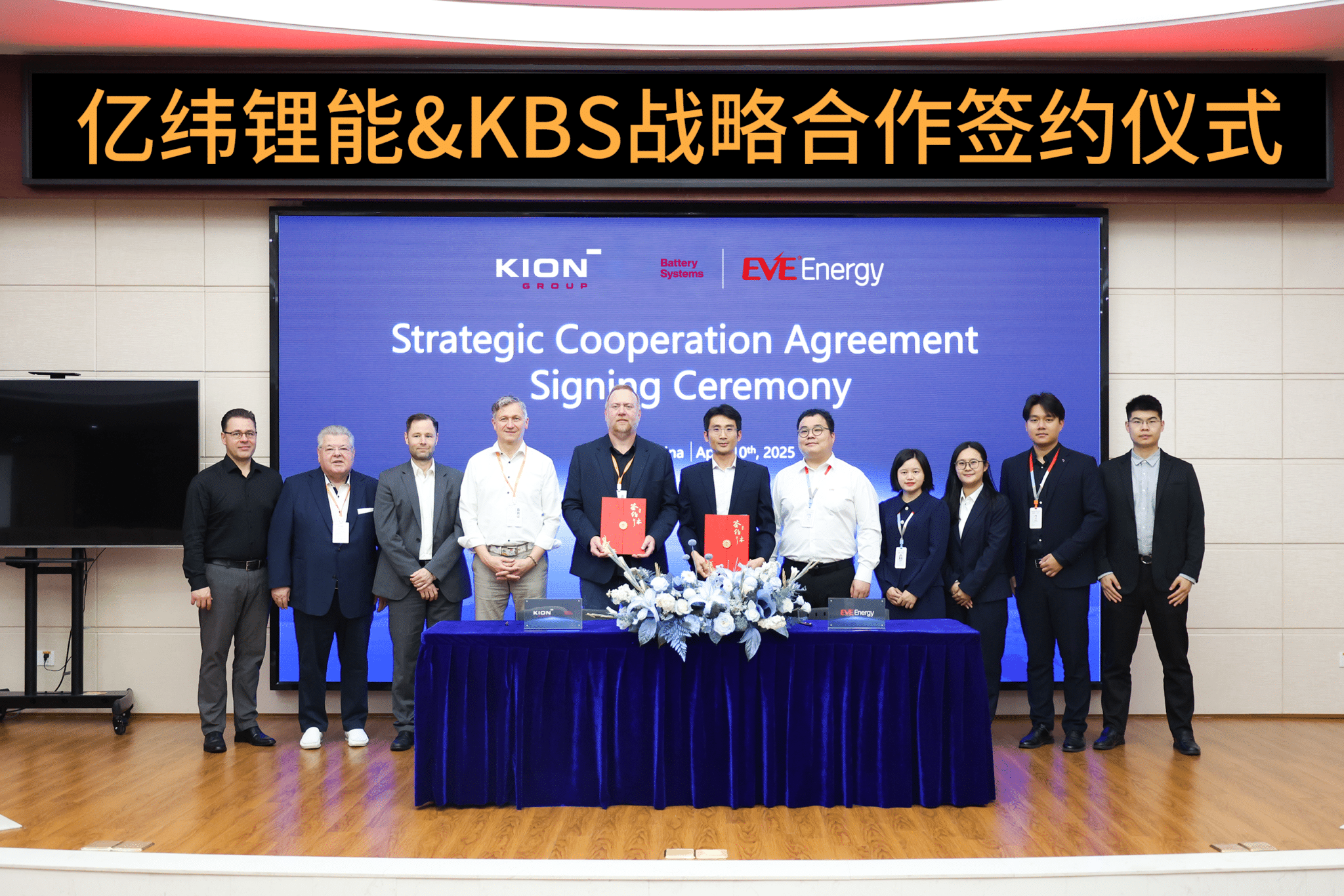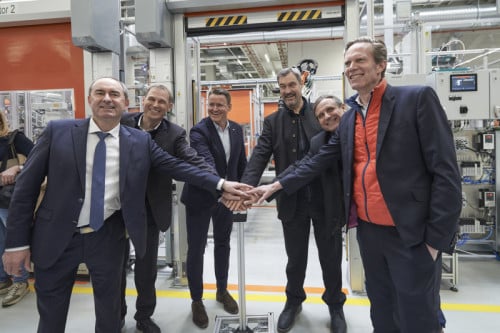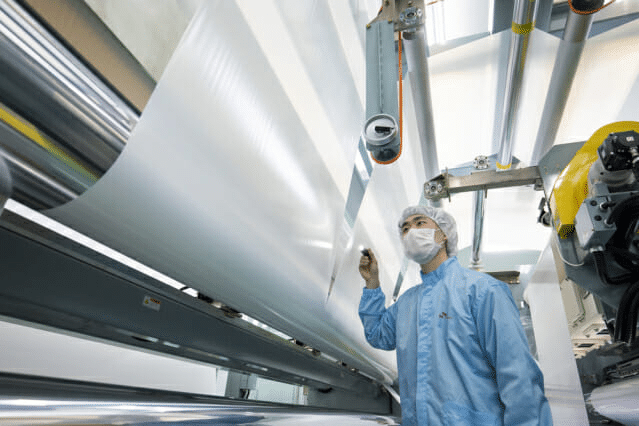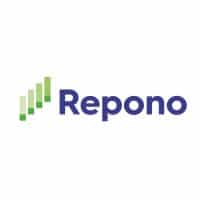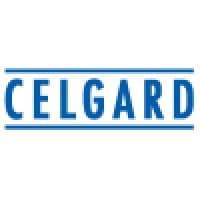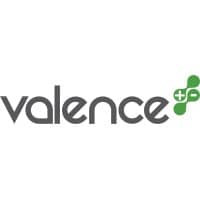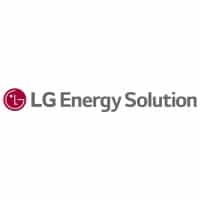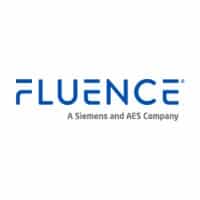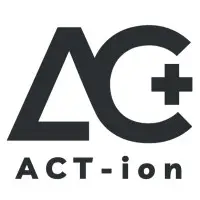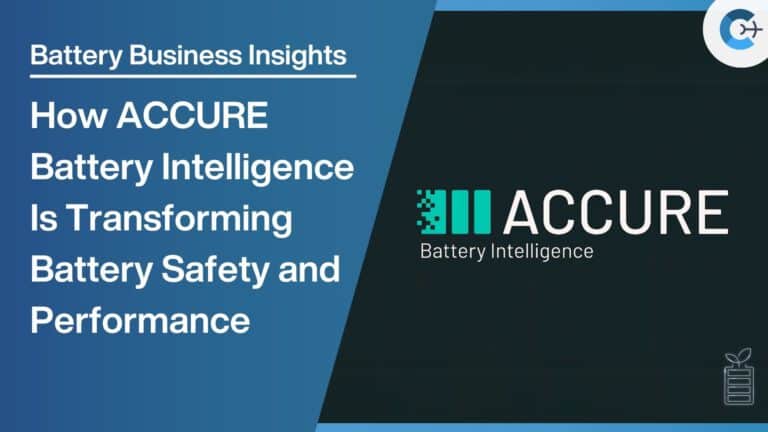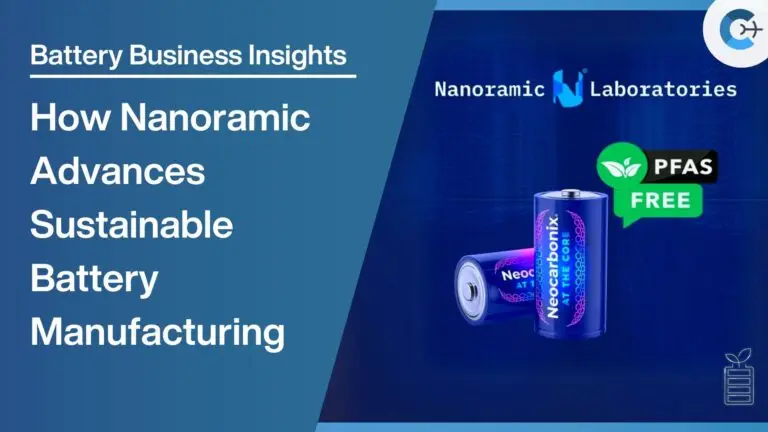Tesla recorded a slight drop in electric vehicle deliveries last year—1.79 million units, down 1.1% from 1.81 million in 2023—marking the company’s first annual sales decline since 2011. While this signals a slowdown in EV demand, Tesla’s energy storage systems (ESS) division is experiencing accelerated growth. ESS devices store excess electricity for later use, offering enhanced energy efficiency by ensuring power availability on demand.
Tesla’s ESS supply rose to 31.4 gigawatt-hours (GWh) globally in the past year, more than doubling the 14.7 GWh posted in 2023. This sector’s rapid expansion is not only seen at Tesla. Major battery manufacturers—including LG Energy Solution, SK On, Samsung SDI, China’s CATL, and Japan’s Panasonic—are also focusing on ESS to offset reduced EV battery orders.
Global EV battery usage (excluding China) grew by only 13% year-on-year from January to November 2024, a marked decrease from the over 40% growth achieved in 2022 and 2023. In contrast, the ESS sector is booming, fueled by the global energy transition and advancements in artificial intelligence. According to SNE Research, the global ESS market is projected to expand from 185 GWh in 2023 to 379 GWh by 2027, and triple by 2033.
ESS relies on similar lithium-ion battery technology used in electric vehicles, making it relatively simple for battery makers to repurpose existing manufacturing lines. Adjusting factors such as anodes and cathodes enables them to tailor batteries for ESS applications, while still benefiting from economies of scale.
Korean battery giants have acted quickly in this space. LG Energy Solution established Vertech, an ESS subsidiary in the United States, and is considering converting underutilized EV battery facilities in Europe and the U.S. into ESS production lines. The company recently secured large-scale supply contracts, including a 7.5 GWh deal with Excelsior Energy Capital beginning in 2026 and a 2 trillion won agreement with Terra-Gen.
SK On elevated its ESS operations by placing the division under direct oversight of its CEO late last year and signing an MOU with IHI Terrasun Solutions for North American collaboration. Samsung SDI continues to expand globally through its dedicated ESS brand, Samsung Battery Box, and plans to launch units equipped with lithium iron phosphate (LFP) batteries starting in 2026.
Source: The Chosun Daily

